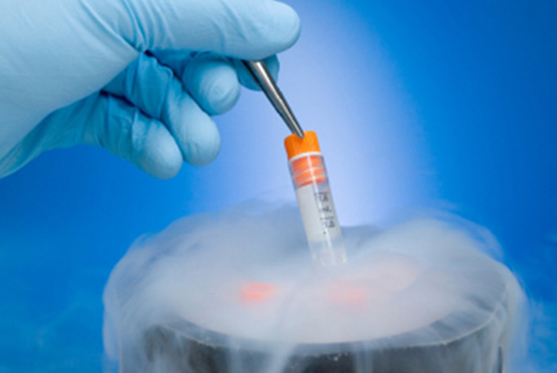
Advances in reproductive medicine now let men preserve fertility for future parenthood. Techniques such as sperm freezing (cryopreservation) make it possible to store viable sperm for years, giving individuals and couples flexibility when planning a family.
Male fertility preservation refers to medical procedures that save sperm or reproductive tissue so it can be used later for assisted reproduction. The most common method is sperm freezing, which safeguards fertility before treatments or life events that might impair sperm production.
Typical steps in fertility preservation include:
Yes. Cancer treatments such as chemotherapy and radiotherapy can damage sperm production. Sperm freezing before treatment offers a proactive option to preserve the possibility of biological fatherhood. Later, stored sperm can be used with assisted reproduction techniques like IVF and ICSI to achieve pregnancy.
Sperm freezing is becoming more accepted, especially in urban and developed settings. Young men increasingly choose to preserve sperm during peak reproductive years for social or medical reasons. While the idea that younger sperm reduces genetic risks is still being studied, cryopreservation combined with modern ART provides valuable family-planning options.
Key points:
While freezing doesn’t improve sperm quality by itself, it helps manage fertility risks:
Studies indicate frozen sperm performs very well in assisted reproduction. Reported success rates for frozen samples in ART range widely, commonly around 50–60% in selected settings, sometimes comparable or slightly higher than fresh sperm when only high-quality samples are cryopreserved. Outcomes depend on sperm quality, laboratory protocols, and the chosen ART (IUI, IVF, ICSI).